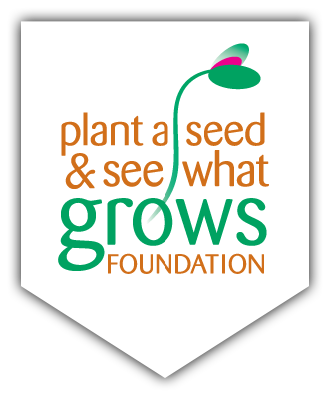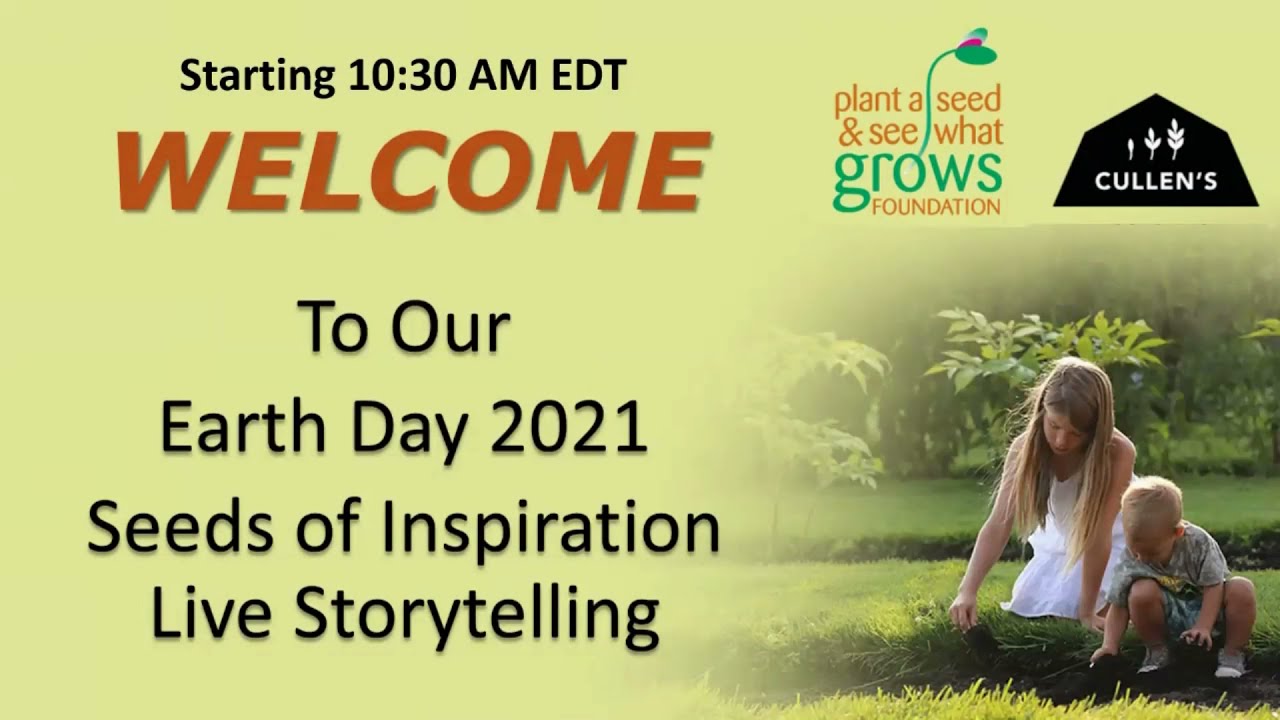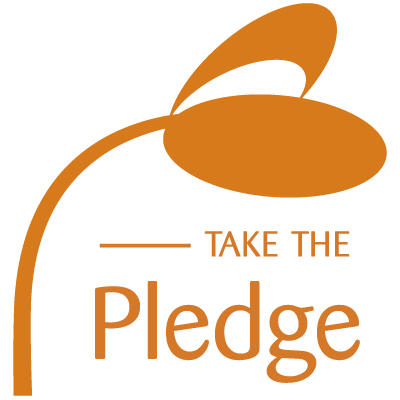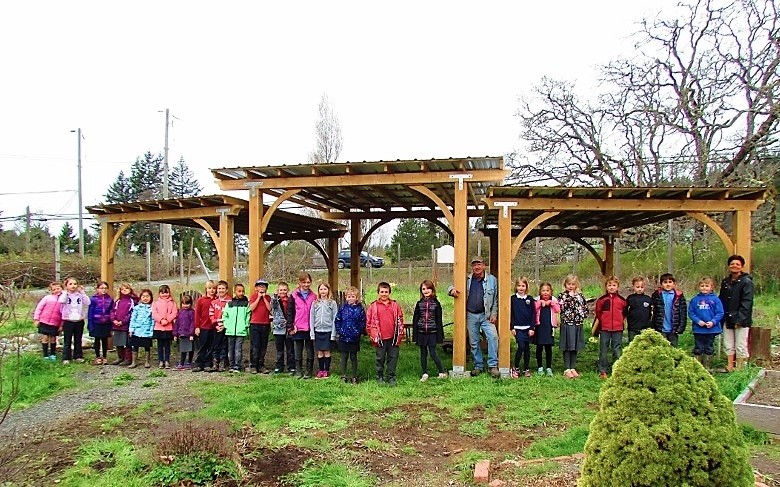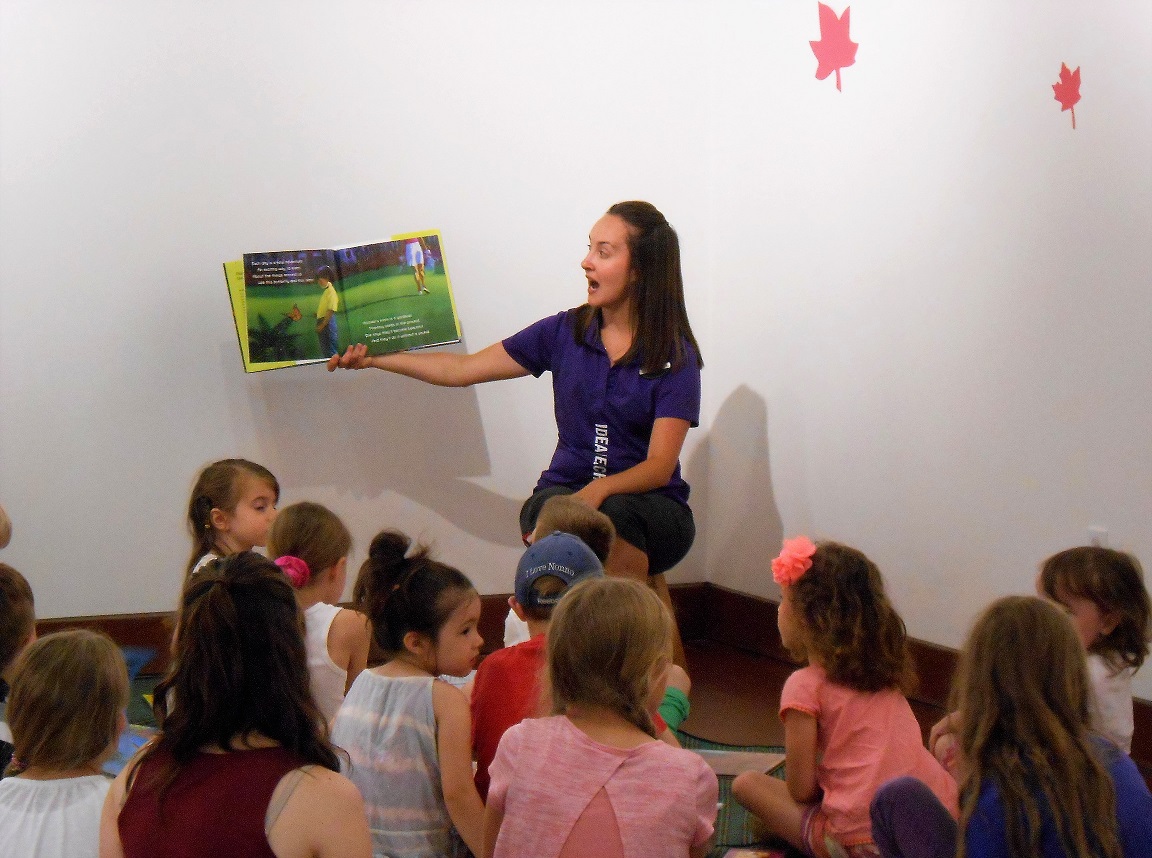In celebration of Organic Week from September 16-24, 2017, our guest blog today is from Rachel Parent, our close friend and volunteer. In this post, Rachel Parent elaborates on the reasons why we should buy organic.
Rachel is a Canadian youth activist and founder of Kids Right To Know, a not-for-profit organization advocating for GMO labeling in Canada. Rachel Kids Right To Know informs the public, especially children, about food safety.
So many people around the globe appreciate the beauty of our world, with its vast oceans and majestic mountains. They love nature, from our birds and butterflies, to our streams teaming with aquatic life, to our rolling meadows filled with wild flowers. They enjoy breathing in the crisp fall morning air and drinking a clean glass of ice cold water on a hot summer day. Yet, most don’t realize how much of an impact their purchasing decisions can have on our planet, especially when it comes to buying their food.
Unfortunately, many people just look for the lowest price and don’t consider the price we all pay in the long run. The price that industrial, chemical based agriculture has on our soil, our water, our air, our environment and our health. They think that organic food is too expensive. My question is, what price do you put on protecting our environment, mitigating climate change and preserving health?
To many, organic is a new concept, like some fashionable trend. The fact is, organic has been around since the beginning of time. It’s only since the 1930s that industrial, chemical based, mono-cropped farming was introduced. We saw a marked increase in this type of farming in the mid-nineties with the introduction of Genetically Modified (GM) crops and the chemical based fertilizers and pesticides that accompany them.
This system of farming sees nature as the enemy and uses herbicides, insecticides and fungicides to fight it. Basically, industrial farming works against nature. Organic farming on the other hand, works with nature. It uses natural methods to control pests and diseases by encouraging natural predators, properly planned crop rotations and by developing rich, fertile soil. The result is healthy crops that have natural resistance to pests and diseases, without the use of harmful chemicals, just the way nature intended it to be.
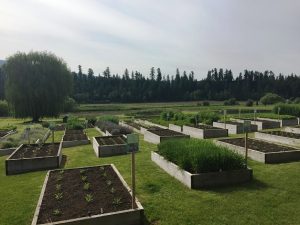
Organic farming works with nature. It uses natural methods to control pests and diseases. Photo credits: Factors Farms, Armstrong, BC, Canada
Fortunately, over the past few years, we’ve witnessed a huge movement embracing organic as the best food choices for the health of our families. I believe this is largely due to people’s desire to avoid pesticide drenched GM crops, and the nutrient depleted food that results from this chemical based mono-culture system.
Purchasing certified organic products is the only sure way to avoid GM crops and the harmful herbicides used on them. By far, the world’s most widely used herbicide is RoundUp, which contains the active ingredient known as glyphosate*. Hundreds of millions of pounds of this herbicide are sprayed each year on crops such as corn, canola, soy, and sugar from sugar beets. Unfortunately, it doesn’t stop there. This harmful chemical is also sprayed on many grains and pulses to accelerate their drying at harvest. The toxic practice is called desiccation, and is used on wheat, lentils, soy, chickpeas, canola, corn and on about 70 other crops.
Glyphosate can be found in just about every non-organic grain used in cereals and baking goods. In March of 2015, the World Health Organization declared that it to be a “probable carcinogen”. Any time you have a simple bowl of non-organic lentil soup, you’re consuming a bowl of chemical soup, that’s harmful to your health and the environment. Any time you consume non-organic plant based choices that comes from Brazilian soy that’s killing thousands of species by rapidly destroying the Amazon, you are contributing to climate change and further damaging the environment.
The only way to truly eat healthy is by eating simple certified organic, chemical free foods. It may be more expensive, but the more we support it, the lower the costs will become, making it more accessible to everyone. In the meantime, you can make it more affordable by avoiding organic pre-made packaged meals as they usually cost more and instead preparing ahead healthy organic meals at home. If you have the room or can join a community garden, growing your own organic vegetables is another great option.
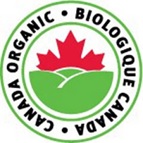
The Canada Organic is an example of a certified organic label. Click here for a great resource on organic certified and various labels from the David Suzuki Foundation.
I believe that as consumers, when we support organic farming practices and the foods they produce, we get more than just healthy food. We build community and get respect among farmers. We receive ethically-sourced seeds and promote its free exchange – this connection that exists among all life forms, including microbes and nutrients in our soil. And, through agro-ecology, we get the simplest solutions to mitigate climate change through carbon sequestration. Organic farming also to reduces world hunger by giving small farmers around the world the tools they need to be self-sufficient.
The story of our food system has become one that is no longer just about what we put in our bodies. This story has become about protecting seed sovereignty, our environment, our health, and our fundamental freedoms. This story has become about protecting our beautiful planet.
Every day when we wake up, we determine the way in which the story of our planet unfolds through our actions. Will it be a story of damage and destruction to our planet, our food and our health? Where the convenience and profit of chemical agriculture come before our environment and the health of our own children? Or will it be a story of human innovation? A story where we cared so deeply about our earth that we chose to repair it and care for it through organic, regenerative agriculture practices and by doing so created a much healthier society for our children to grow up in.
That’s what we have to decide each and every day when we wake up. What story do we want our planet to tell?
*Studies show that low levels of glyphosate impair bees’ ability to navigate to nectar and pollen sources. If you eat organic, you also help save the bees. Read more here.

Rachel Parent
Founder, Kids Right to Know
Photo Credit: David Leyes
For information on Rachel Parent’s work, please visit Kids Right to Know. Follow her on Twitter @RachelsNews, on Facebook Kids Right To Know Club and on Instagram kidsrighttoknoworg
Learn more about the Foundation’s work in Canada here. Don’t forget to sign-up to become a Friend of the Foundation.
